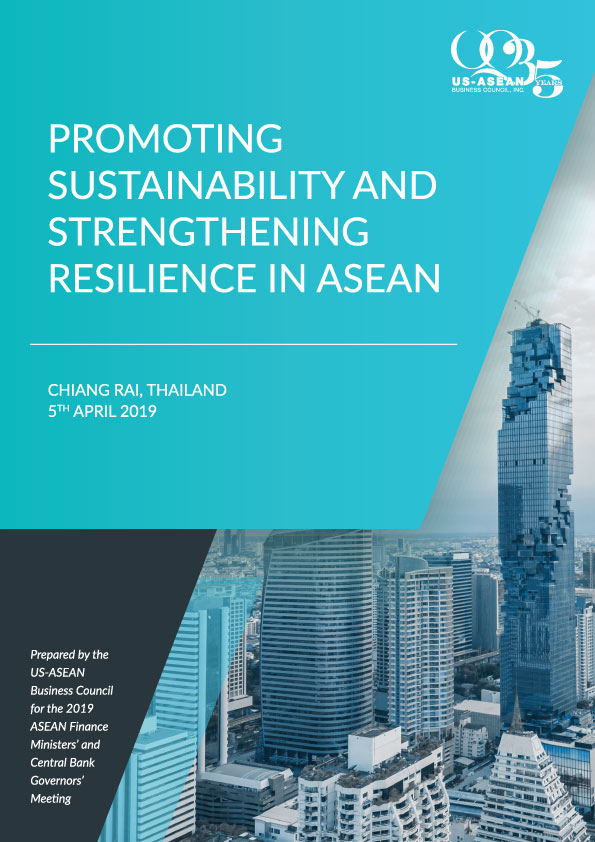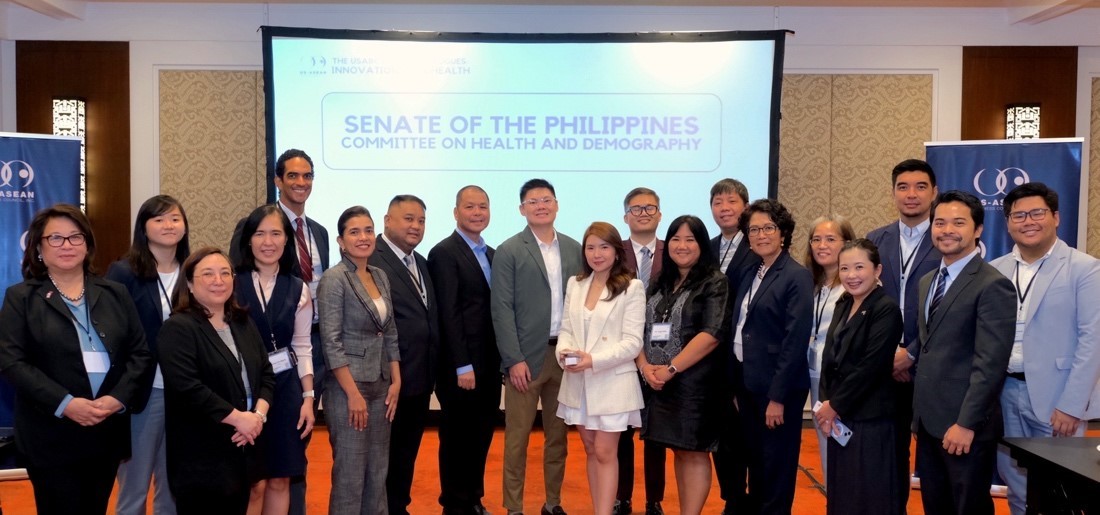Thailand's Proposed New Cannabis Regulation

On February 6, 2024, Minister of Public Health of Thailand Dr. Cholnan Srikaew told reporters that the new draft bill to ban recreational use of cannabis, which was first introduced last month, will be proposed to the cabinet in the coming week. The Minister stated that the new bill seeks to categorize certain components of cannabis, such as stems, roots, leaves, and buds, as narcotics due to their tetrahydrocannabinol (THC) content. Under the proposed legislation, stores would be restricted to selling only legalized parts of the plant, and individuals may require a doctor's permit for marijuana consumption. As per the current law, cannabis can be legally consumed by those above 20 years in age excluding those who are pregnant or breastfeeding, and the new bill would limit cannabis use to only “medical purposes”.
The new draft also imposes penalties for recreational cannabis use, with fines of 60,000 baht (approx. 1,700 USD) and a 1-year jail term or 100,000 baht (approx. 2,800 USD) for marketing aimed at recreational use. Moreover, unauthorized cannabis farming could result in prison sentences ranging from one to three years and fines ranging from 20,000 baht (approx. 566 USD) to 300,000 baht (approx. 8,500 USD), with requirements for plantations to meet medical-grade standards. Additional regulations may include tightening of licensing procedures for Cannabis businesses, and banning of online sales and marketing of cannabis.
This new legislation follows concerns raised by Prime Minister Srettha Thavisin in September last year over recreational cannabis use, saying such practice could lead to "wider narcotic drug problems". Following the decriminalization of cannabis in 2022, the cannabis industry boomed and was worth 28 billion baht (approx. 800 million USD) by the end of 2022, and projected to reach 1.2 billion USD by 2025.
While the proposed bill aims to address concerns surrounding recreational cannabis use and regulate the marijuana industry its potential impact on various stakeholders remains uncertain, though definitely existential for over 7,000 commercial cannabis shops nationwide. The enforcement mechanism and the adaptation of cannabis businesses to the new regulatory environment pose significant challenges. The cabinet is expected to endorse the submission of proposal to the Parliament soon. However, no actions have been taken yet as of its most recent meeting related to the proposed regulation on February 13.










